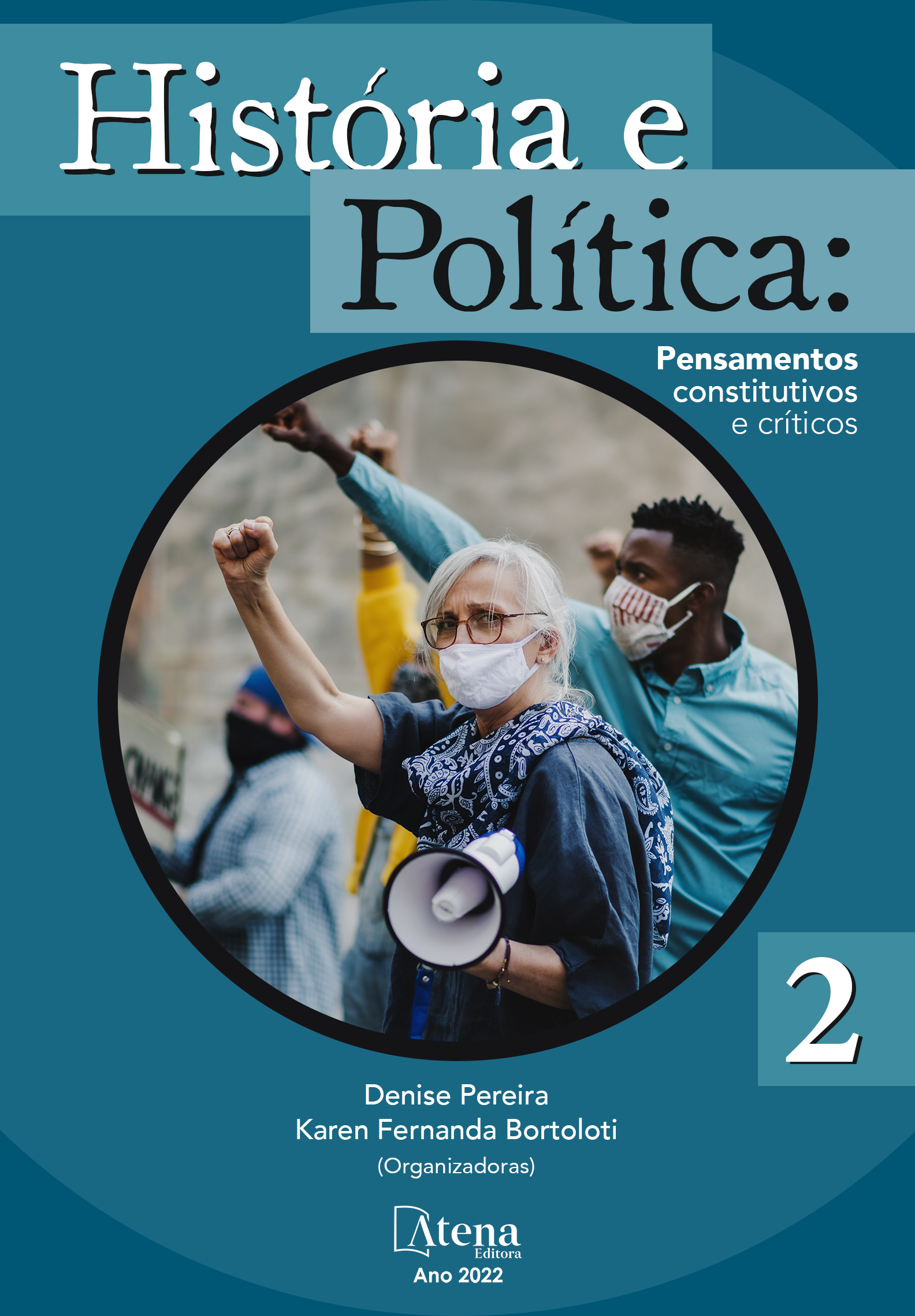
UMA ANÁLISE SOBRE A (NÃO) PARTICIPAÇÃO POPULAR NO PROCESSO DE TOMBAMENTO
O presente trabalho se dedica à análise da participação popular no processo de tombamento, tratando-se de pesquisa empírica, que tem por objeto atas de reuniões realizadas com a comunidade afetada no processo de tombamento do conjunto paisagístico do bairro do Poço Rico – uma informal, de iniciativa da FUNALFA, e outra realizada na Câmara de Juiz de Fora -, anexadas ao processo físico. Mais especificamente, o trabalho se desdobra sobre a análise do discurso presente nesses documentos, tendo por marco teórico a Análise Crítica do Discurso (ACD). O objetivo geral do trabalho consiste na verificação do discurso empregado nestas reuniões, de forma a averiguar se o mesmo contribui ou não para a efetivação da preservação do patrimônio, incentivando e garantindo o direito à memória desta comunidade com relação ao objeto da ação de tombamento. Possui, ainda, como objetivo específico, analisar a participação da comunidade no processo de tombamento, perpassando: a) pela identificação do conhecimento dessa comunidade com relação ao processo, seus direitos e deveres; b) pela verificação de sua compreensão do que seja o instituto do tombamento e em que o mesmo implica para o patrimônio tombado e, c) pela análise das consequências dessa participação, ou não-participação, para a efetiva proteção do patrimônio local. Para o embasamento teórico, utilizou-se a teoria de Norman Fairclough, principal nome da ACD, e do conceito de patrimônio trazido por François Choay, além de outros autores do campo jurídico e do campo do patrimônio. De acordo com o estudo desenvolvido, é possível perceber a importância da educação patrimonial a fim de que se dê a efetiva participação popular dentro do processo de tombamento, de modo a assegurar a preservação do patrimônio nacional e local.
UMA ANÁLISE SOBRE A (NÃO) PARTICIPAÇÃO POPULAR NO PROCESSO DE TOMBAMENTO
-
DOI: 10.22533/at.ed.52022180220
-
Palavras-chave: Tombamento. Educação patrimonial. Participação popular. Análise Crítica do Discurso. Proteção patrimonial.
-
Keywords: Heritage site. Heritage education.Popular participation. Critical Discourse Analysis. Heritage preservation.
-
Abstract:
The present work dedicates itself to the analysis of popular participation in the process of establishing a site as a heritage site, corresponding to an empirical research, of which the object of analysis consists in a public hearing and an informal meeting involving the neighborhood community of Poço Rico. More specifically, this work focus on the discourse analysis present in these documents, having as theoretical framework the Critical Discourse Analysis (CDA). The general objective of this work consists in checking the discourse used in these meetings in a way to verify if they contributed or not to the protection of heritage site, stimulating and ensuring the right to memory of this community with the object of the legal action. The work has yet, as a specific objective, the analysis of popular participation in the legal process of establishing heritage site, which involves: a) the identification of the degree of knowledge of this community about that process, their rights and duties; b) verifying their comprehension about this institution of heritage site and in what that implicates for the site itself and, c) the analysis of the consequences of this participation, or non-participation, to the effectiveness of the preservation of the local heritage site. For theoretical framework it made use of Norman Fairclough's theory, main name of the CDA, and of the concept of historical patrimony brought by François Choay, and other authors in law and patrimonial fields. Accordingly to the study developed, it is possible to notice the importance of heritage education in order to perceive effective popular participation in the process of establishing heritage site , in a way to enable the protection of heritage site in a local and national aspect.
-
Número de páginas: 15
- Priscila Angelo Tarabossi


